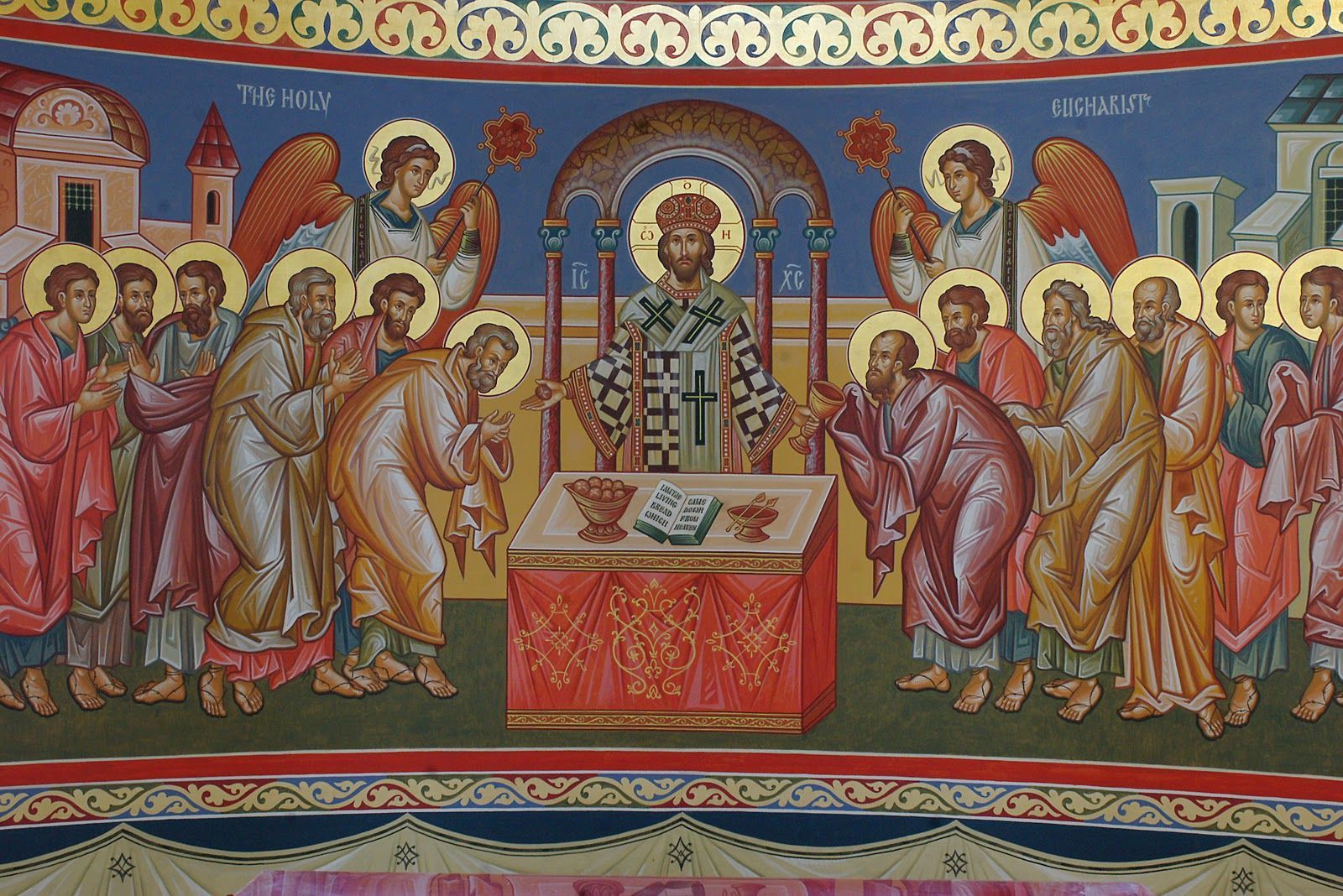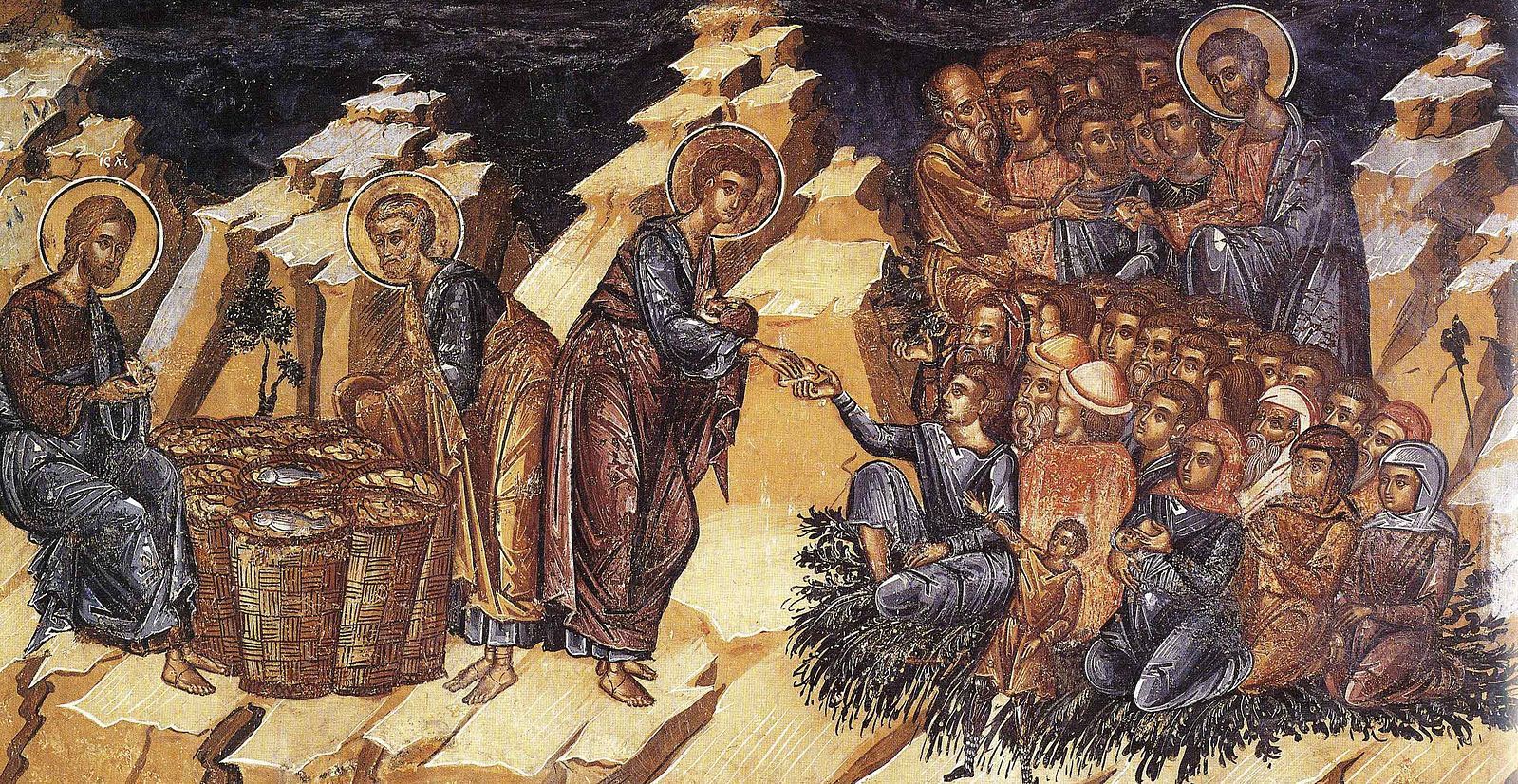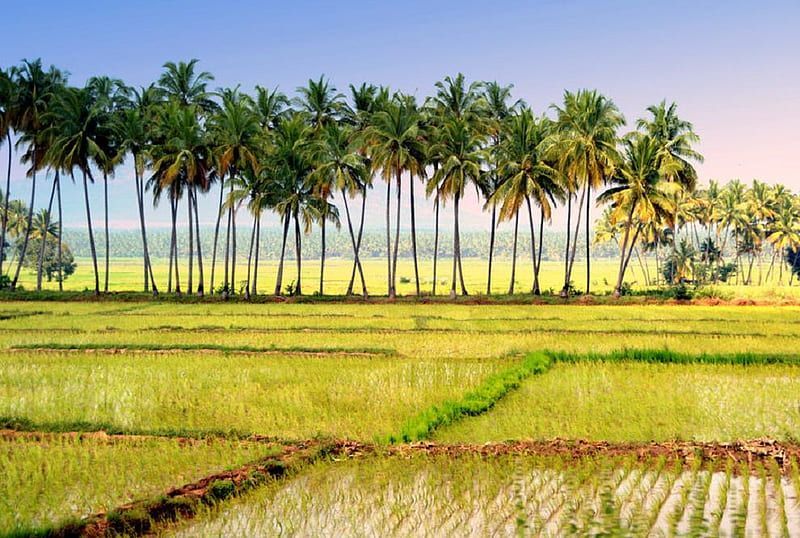Message of Abbot Paul - Tuesday - 16th April 2024
Abbot Paul • April 15, 2024



It was a busy but most enjoyable weekend and we are well into the new week. The weather is as changeable as it’s unpredictable and you can experience all four seasons in the course of a single day. Tomorrow, I will be travelling to Peru to accompany the brethren there on my last official visit as Abbot. I am hoping that in future, if I get the opportunity to go out there again, a country and a people that have played such an important part in my life, I will be able to visit old friends in northern Peru, where I lived and served for twenty years, rather than just stay at the monastery, in other words, a real holiday such as I have never had before in Peru.
In today’s Gospel, we continue our reading of Jesus’ explanation of the meaning of the miracle or sign of the Multiplication of Loaves and Fish, (Jn 6: 30-35).
“The people said to Jesus, ‘What sign will you give to show us that we should believe in you? What work will you do? Our fathers had manna to eat in the desert; as scripture says: He gave them bread from heaven to eat.’” Odd that the people should ask for a sign when they have recently been fed in a deserted place with a meal made of five barley loaves and two fish. Was that not sign enough for them to believe in the works of Jesus? Why, indeed, were they following him, if not because of the signs he had already given them? Was the miracle in which they participated not similar to the feeding of the Hebrew people with manna in the desert during the Exodus? Jesus replies, “I tell you most solemnly,
it was not Moses who gave you bread from heaven,
it is my Father who gives you the bread from heaven,
the true bread;
for the bread of God
is that which comes down from heaven
and gives life to the world.”
Jesus is moving the discourse onto another plane. It is not Moses, but God who feeds his people with bread from heaven, the true bread, God’s own bread, and this bread alone, that comes down from heaven, can give life to the world. When they hear this, they ask, “Sir, give us this bread always.” The reply that Jesus gives comes as a surprise, a shock even, for he says:
“I am the bread of life.
He who comes to me will never be hungry;
he who believes in me will never thirst.”
They could not have expected him to say that he himself was that bread, the bread of life, and that we need to come to him and believe in him if we are not to hunger and thirst. We note here one of the many I AM sayings of Jesus in John’s Gospel, I AM being God’s name revealed to Moses at the Burning Bush. The discourse has moved to a spiritual level. Can his hearers understand what he is saying? How will they react? Our story continues tomorrow, but what do we make of this?









